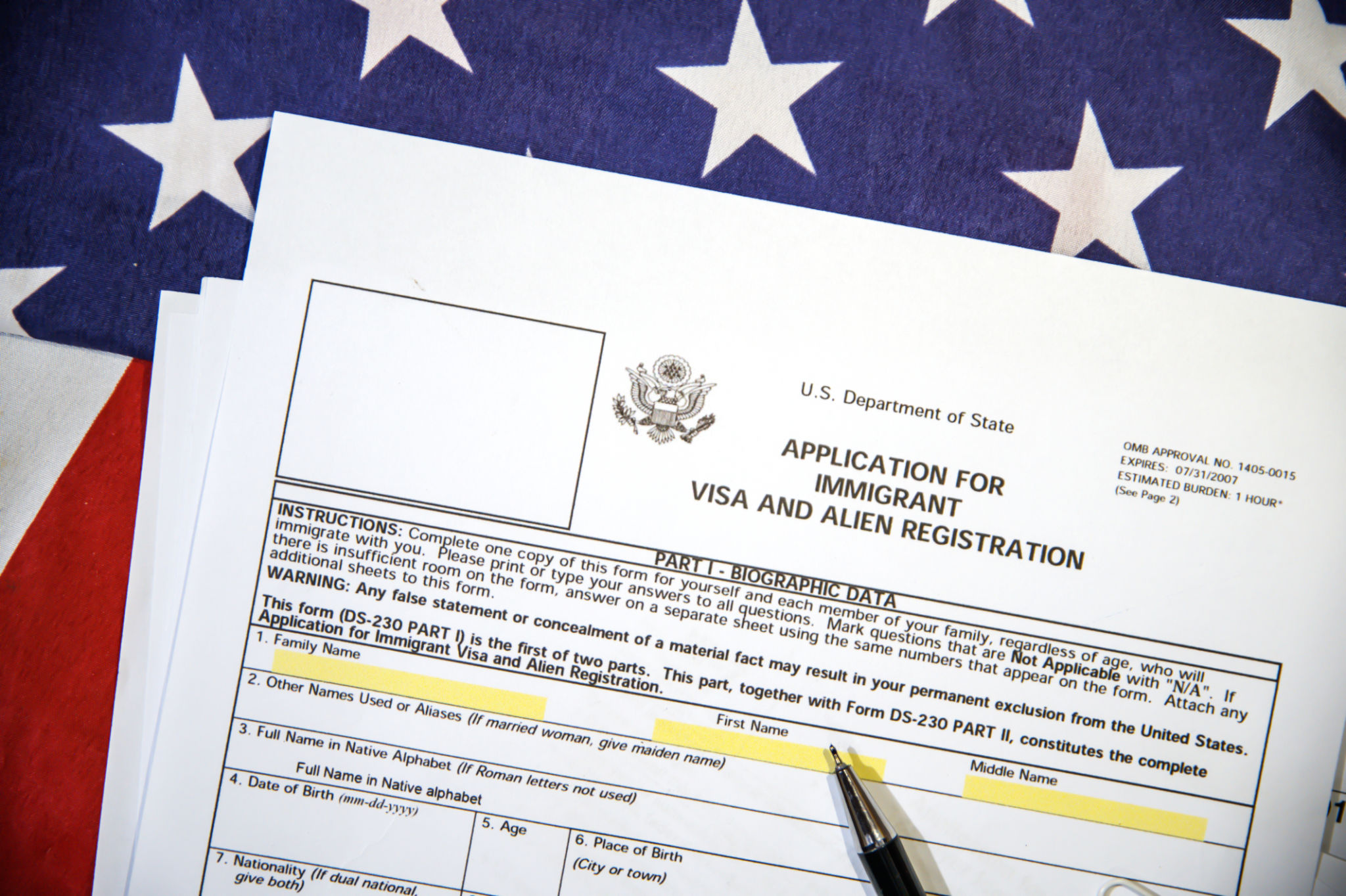How Recent Changes in Immigration Policies Affect Applicants
Understanding the Impact of Policy Changes
In recent years, immigration policies have undergone significant changes around the world, affecting millions of applicants. These changes have been driven by a combination of economic, social, and political factors. As governments adjust their immigration frameworks, individuals seeking to relocate face new challenges and opportunities.
One major shift has been the tightening of entry requirements in several countries. This includes more stringent background checks, enhanced documentation requirements, and increased scrutiny of applicants’ financial stability. For many, the complexity of these processes can be daunting, with some reconsidering their plans to move.

Key Changes in Immigration Procedures
Among the notable changes in immigration policies is the introduction of point-based systems in countries like Canada and Australia. These systems aim to attract skilled workers who can contribute positively to the economy. Points are typically awarded based on factors such as age, education, language proficiency, and work experience.
While these systems provide transparency and fairness, they also require applicants to meet high standards. Those lacking in certain areas may find it challenging to accumulate enough points to qualify for entry. Consequently, many potential immigrants are investing in additional education and language courses to improve their eligibility.

Impact on Family-Based Immigration
Family-based immigration has also been affected by recent policy changes. Some countries have imposed caps or restrictions on family reunifications, making it harder for families to be united. The waiting period for processing family-based applications has increased in several regions, causing emotional stress for separated loved ones.
Despite these hurdles, applicants are advised to ensure all documentation is meticulously prepared and submitted on time. Seeking guidance from immigration experts or legal professionals can help navigate this complex landscape.
Economic Implications of Policy Adjustments
Changes in immigration policies have far-reaching economic implications. By focusing on skilled migration, countries aim to fill labor shortages in critical industries such as healthcare, technology, and engineering. This can boost economic growth and innovation.
However, restrictive policies can also lead to labor shortages in sectors that rely heavily on immigrant workers. Industries such as agriculture and hospitality might struggle to find sufficient workforce, potentially impacting productivity and service quality.

Preparing for Future Changes
For those considering immigration, staying informed about potential policy changes is crucial. Governments frequently review and adjust their immigration policies to align with national priorities and global trends. By keeping abreast of these developments, applicants can better prepare their applications and anticipate potential hurdles.
Engaging with online forums, attending workshops, and consulting with immigration advisors are effective ways to stay updated. Being proactive can significantly enhance an applicant’s chances of success.
The Global Perspective
The international community continues to debate the best approaches to immigration. Balancing national security interests with humanitarian concerns remains a complex challenge for policymakers worldwide. Collaborative solutions that address the root causes of migration, such as conflict and poverty, are essential for sustainable progress.
While recent changes in immigration policies present obstacles, they also offer opportunities for those willing to adapt. By understanding the evolving landscape and preparing accordingly, applicants can navigate the complexities of modern immigration with greater confidence.